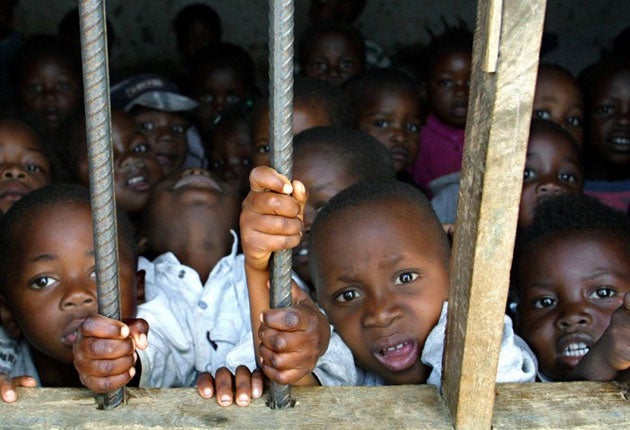Generic drugs bring down costs in poorest countries

Responding to criticism of the high cost of HIV drugs, pharma firms have spent the past decade stepping up efforts to improve access to treatments in poorer countries.
Initiatives range from heavy discounts in certain parts of the world to royalty-free licences which allow others to produce generics or cheap copies of the original drugs.
The market leader, Gilead Sciences, runs an access programme that provides drugs at steep discounts in some 130 countries. The company runs a tiered pricing system, with prices determined by a country's economic strength and the prevalence of HIV.
Gilead also provides non-exclusive licences to Indian generic manufacturers, but charges a 5 per cent royalty on sales based on the price of the generic drugs. ViiV Healthcare provides drugs at not-for-profit prices and through royalty-free voluntary licences. Last year, ViiV shipped 11.7 million tablets of its Combivir and 21 million tablets of its Epivir treatments at not-for-profit prices. Although lower than in 2008, the decline was more than offset by growing volumes from ViiV's licensees. Bristol-Myers Squibb and Merck also run various access initiatives around the world.
The efforts, coupled with the growth in generics and other factors, have brought down the cost of initial or first-line treatments in poorer countries.
But former UN special envoy for HIV/Aids in Africa Stephen Lewis points out that second- and third-line treatments remain expensive, a point also raised by Michelle Childs, health policy adviser for the Médecins Sans Frontières Access to Essential Medicines campaign.
Subscribe to Independent Premium to bookmark this article
Want to bookmark your favourite articles and stories to read or reference later? Start your Independent Premium subscription today.

Join our commenting forum
Join thought-provoking conversations, follow other Independent readers and see their replies